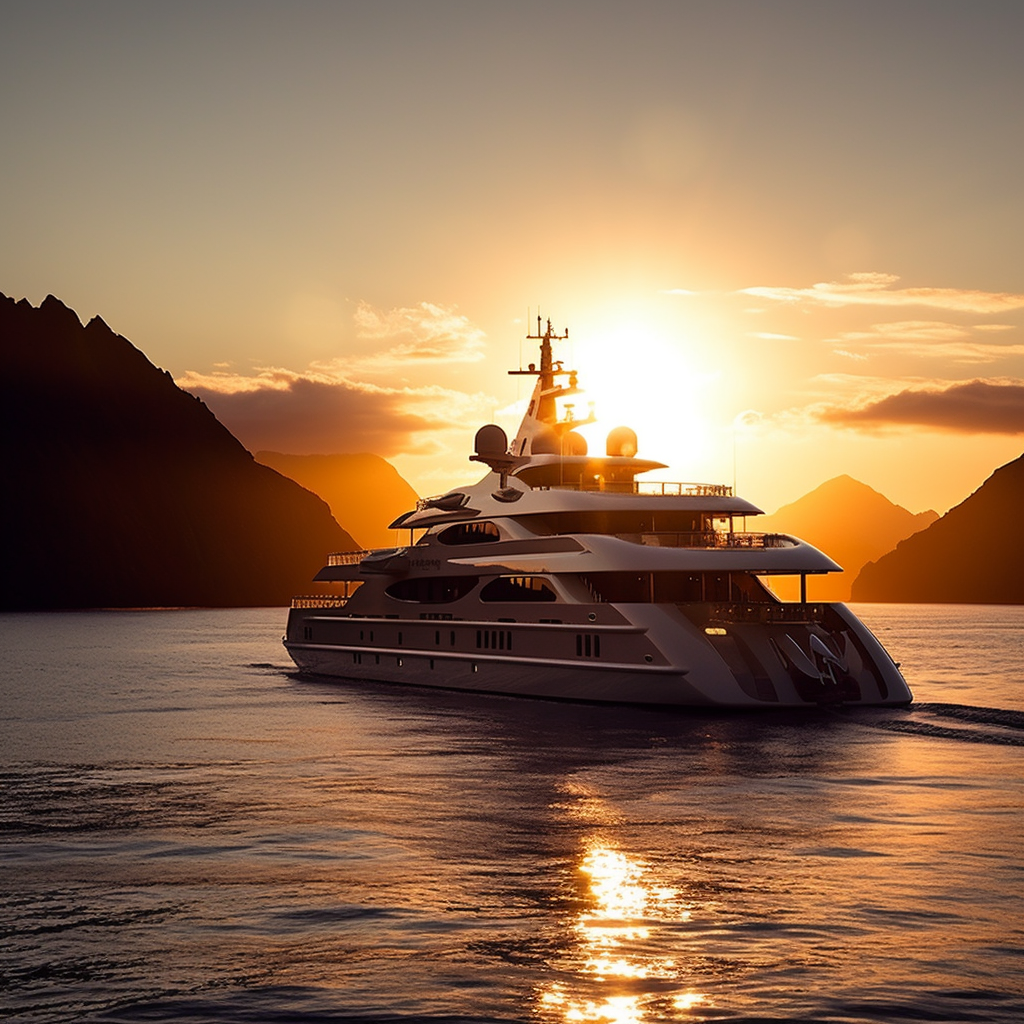June 5, 2024
Superyachts and Their Environmental Impact
Book a Demo
Superyachts, the floating palaces owned by the world’s wealthy elites, are more than just symbols of opulence. They are increasingly being viewed as significant contributors to greenhouse gas emissions, contributing to what lifestyle social scientist Gregory Salle refers to as “ecocide”.
There are approximately 6,000 superyachts, defined as vessels over 30 meters, cruising the world’s oceans at present. This figure has quadrupled in the past three decades, reflecting the rising wealth of the world’s richest individuals. The world’s wealthiest 10% are responsible for half of the world’s carbon dioxide emissions, and their superyachts are their most significant source of greenhouse gas emissions.
However, climate pollution is just one facet of the environmental impact of these gargantuan vessels. Superyachts also contribute to several other environmental impacts. These include wastewater generation, noise and light pollution, and particulate matter in exhaust. The docking of these vessels can also have detrimental effects on local environments, further supporting the concept of “ecocide” – the intentional destruction of nature.
Some superyacht owners, like Amazon founder Jeff Bezos, are making efforts to reduce the environmental footprint of their vessels. They are incorporating features like sails for power to mitigate the environmental impact. However, the majority of superyacht owners still rely exclusively on engine power, which is more damaging to the environment.
Estimating the true carbon emissions of these superyachts is a challenging task due to a scarcity of data and the secretive nature of the yachting industry. Despite the growing environmental concerns, luxury remains the primary factor in superyacht purchases.
In an attempt to mitigate the image of superyachts as purely indulgent and environmentally destructive, some owners are offering their yachts for research and exploration purposes. But as the number of superyachts continues to rise, so too does their potential for environmental harm. The challenge for the industry and its wealthy patrons is to find ways to enjoy the luxury these vessels offer without contributing to the destruction of the very environment they sail in.
Science4Data is committed to cut through greenwashing and measure real impact. Join the journey to a sustainable future. Your actions matter.



